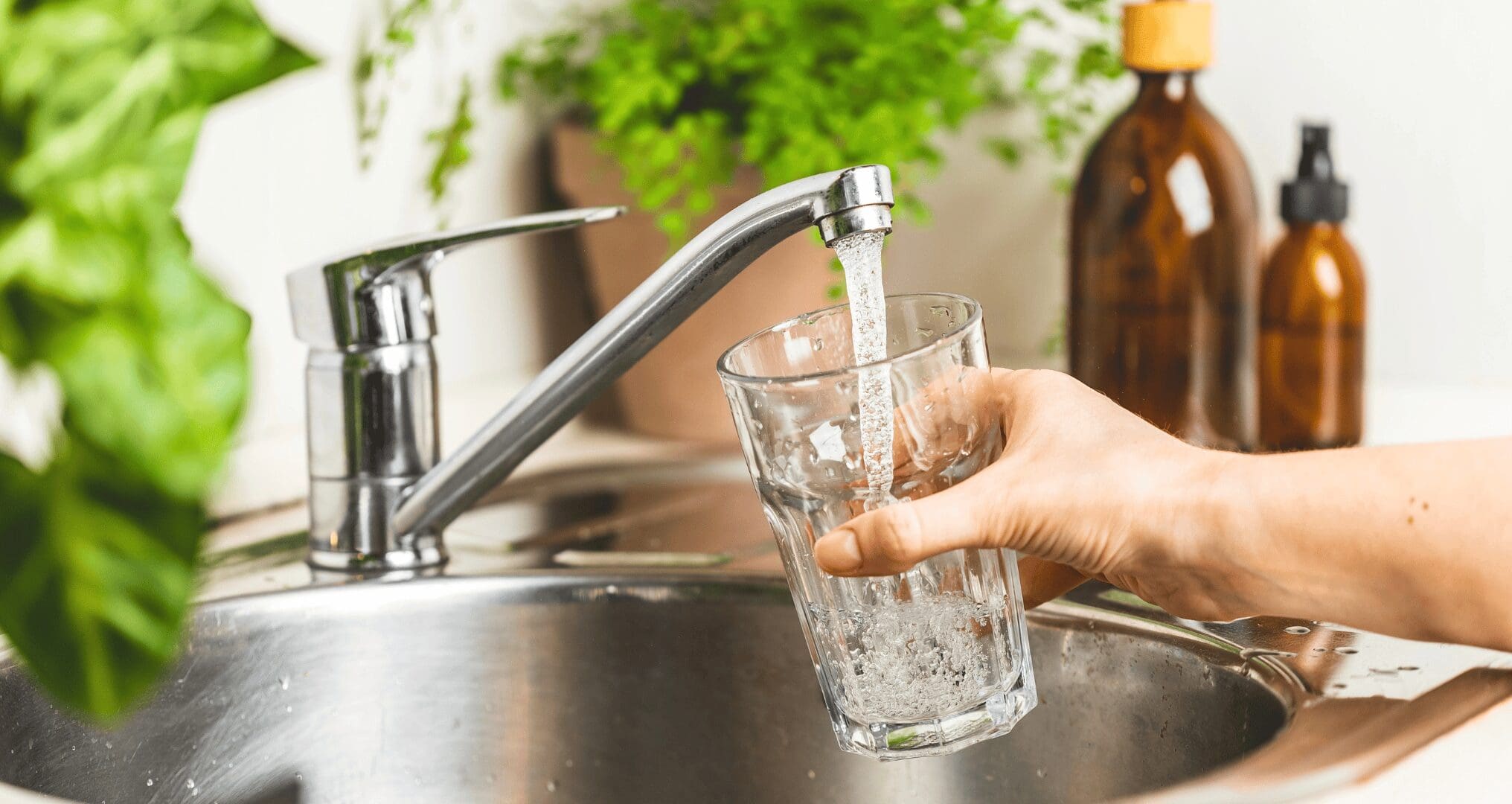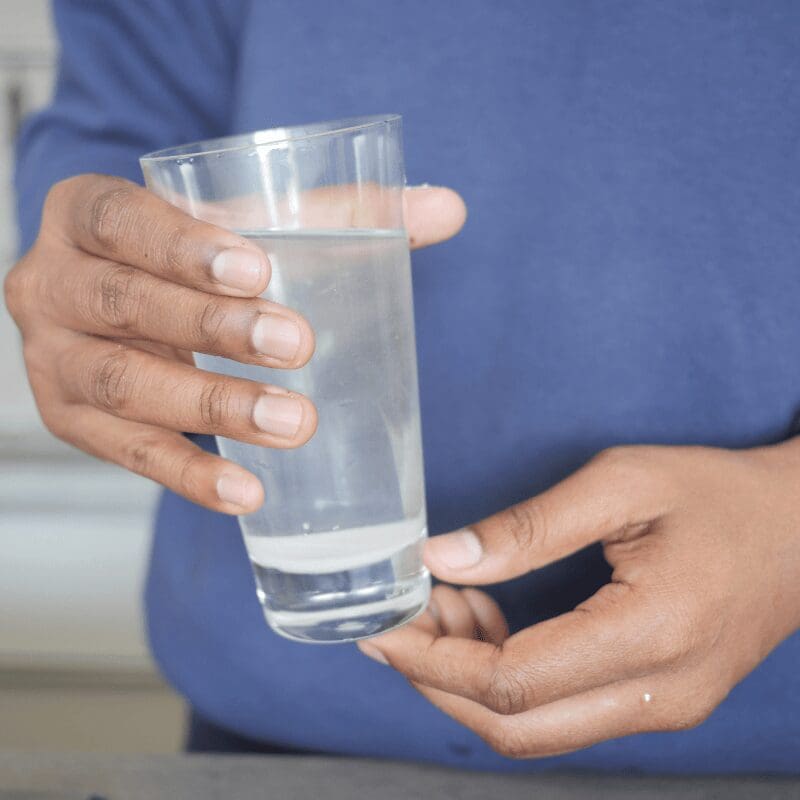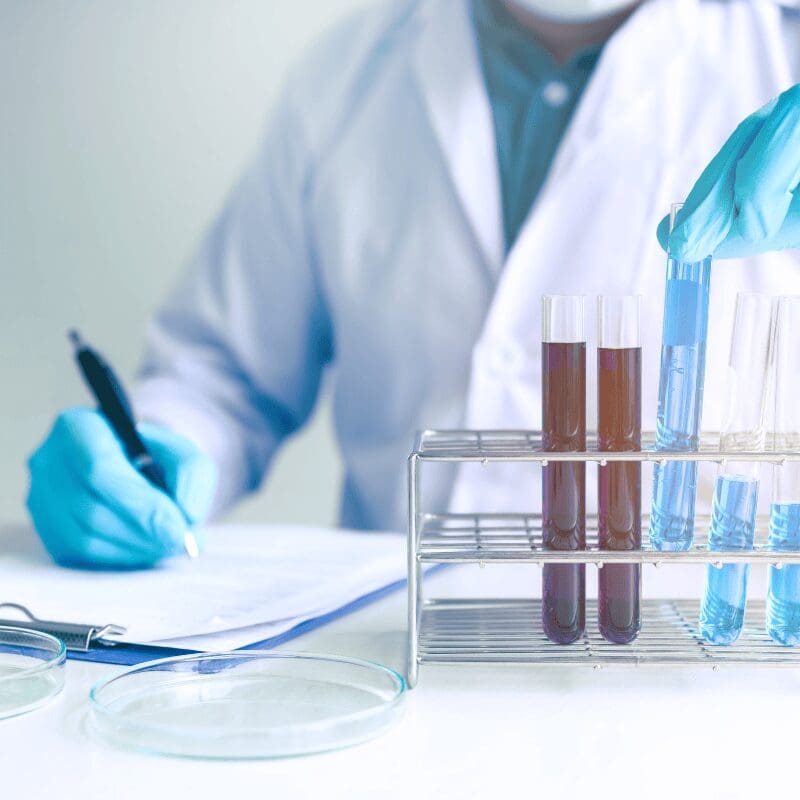The Dangers of the “Forever Chemical” in Your Drinking Water

Drinking water is a basic necessity of life, and it is important to ensure that it is safe for human consumption. Unfortunately, many people across the Midwest may be at risk of drinking water that’s been contaminated. Perfluorooctanesulfonic acid (PFOS) and perfluorooctanoic acid (PFOA) are two of the most dangerous types chemicals that can be found in drinking water. Commonly referred to as PFAS, these chemicals have been proven harmful to human health, so it is essential to identify if they are present in your drinking water.
As a leader in the bottleless water cooler industry, Office H2O is all too familiar with the concerns wrapped around PFAS and other harmful chemicals found in drinking water across the Midwest. So, we find it especially pertinent that we educate our customers and readers about why they should care if PFOS or PFOA is in their drinking water.
What are PFAS?
PFAS are types of perfluorinated chemicals that have been widely used in consumer products since the 1940s. These chemicals are often referred to as “forever chemicals” because they do not break down in the environment or the human body. Therefore, they can accumulate over time, leading to prolonged exposure and health risks. PFAS are commonly used in firefighting foams, non-stick coatings, and water repellents for clothing, textiles, and carpets. They are also used in food packaging and many other industrial processes. Even makeup can contain PFAS, making it even more difficult for us to move away from.
How do PFAS Chemicals Get into Your Water Supplies?
PFAS substances enter the drinking water supply through various ways such as the run-off from fire training areas, industrial waste, and household wastewater. Once they are in the water supply, these chemicals remain there for a long time, increasing health risks for those who consume the contaminated water. The Environmental Protection Agency has set a limit of 70 parts per trillion (ppt) for the combined concentration of PFOS and PFAS in drinking water. Levels above the limit can pose severe health risks to humans.

How Do PFAS Chemicals Affect Human Health?
There is a growing body of research highlighting the adverse health effects of PFAS exposure. Studies suggest that these chemicals may interfere with the body’s natural hormones, increase cholesterol levels, affect the immune system, and increase the risk of certain types of cancer.
A primary concern with PFAS chemicals is their ability to bioaccumulate or build up in the body. This means that even low-level exposure can lead to significant concentrations within the body over time, increasing the likelihood of health issues.
Moreover, a growing number of research suggests PFAS can cross the placental barrier, meaning that they can be passed from a mother to her unborn child. Some studies have linked PFAS exposure during pregnancy to low birth weight and developmental issues in children.
Additional research is ongoing to understand further the long-term health impacts and possible ways to mitigate the effects of PFAS exposure. As we learn more about these harmful chemicals, the importance of reducing exposure and seeking safe water sources becomes increasingly clear.
What Can You Do if You Think You’ve Been Exposed?
If you suspect that you have been exposed to PFAS through your drinking water, it is advisable to seek medical attention immediately. These chemicals can cause a wide range of health problems, including immune system dysfunction, thyroid disease, and cancer. You should also reach out to your local water supplier to inquire about the levels of PFOS and PFOA in your drinking water. Many water suppliers are required to provide annual reports on the quality of their drinking water and the presence of hazardous chemicals. If you’re unsure about the quality of your water, you can consider investing in a water filtration system that is specifically designed to remove all PFAS chemicals.
Can You Test for PFAS in Your Drinking Water?
Yes, it is possible to test for PFAS in your drinking water. However, it requires specialized laboratory testing to accurately identify and measure the levels of these chemicals. Most standard water quality tests don’t include PFAS, so you’ll need to request specific testing for these compounds.
Several private laboratories offer PFAS testing services. These labs use sophisticated methods, such as liquid chromatography and tandem mass spectrometry, to detect the presence of PFAS compounds. The tests can identify multiple types of PFAS, including PFOA and PFOS, and quantify their concentrations in water samples.

To conduct a test, you need to collect a water sample from your tap and send it to the laboratory. Detailed instructions for collecting the sample are usually provided by the lab to ensure the accuracy of the test.
Once the testing is complete, the laboratory will provide a report detailing the types and amounts of PFAS found in the sample. If the levels of PFAS are above the EPA’s recommended limit, you should take immediate action to address the contamination. Remember, while testing can confirm the presence of PFAS, it is only the first step. If you discover these chemicals in your water, you should consider installing a water filtration system designed to remove PFAS and seek advice from your local health department.
These tests can vary in price but are usually between $300 to $600. Check with your local state health department to find a laboratory certified in testing for these “forever chemicals.”
How to Protect Your Drinking Water
Drinking water contaminated with PFAS is a serious health risk that you must be proactive about. These chemicals can have long-term adverse health effects on humans, so it is essential to take the necessary steps to protect your health and the health of your workers. That’s where Office H2O’s bottleless water and ice coolers step in. Our water purification systems remove more harsh chemicals, sediments, and heavy metals than any other water filtration on the market. We tap directly into your existing water source, giving your office a steady flow of pure, clean, safe drinking water.
Drinking water in the workplace should be the last thing you worry about. Contact us today for a free 7-day trial on one of our water coolers and put your mind at ease.
